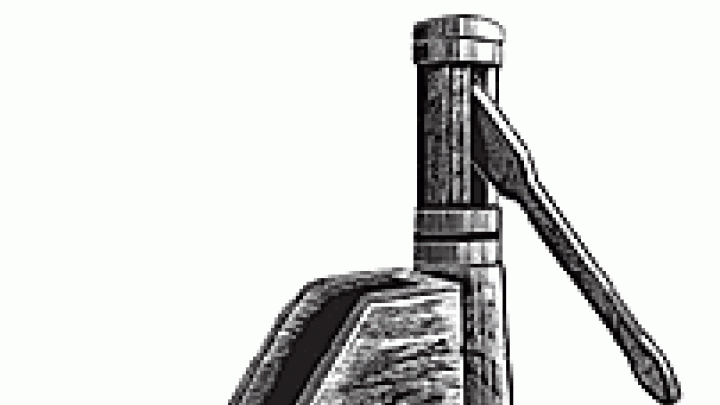"Tradition holds,” says Harvey Cox, “that the Hollis professor of divinity shall have the privilege of grazing his cow in Harvard Yard”—and as the most recent holder of said professorship, he intends to assert his pasturage right, before witnesses. At 4:30 p.m. on September 10, wearing his academic regalia, he will lead into the Yard, according to early press releases, either a Scottish Highland long-haired cow, with fetching bangs, or a Jersey, with soulful eyes. The Reverend Peter J. Gomes, Pusey minister in the Memorial Church, will offer an invocation to assembled faculty members, students, friends, Cox, and cow. Then the company will process with spirited music to the campus of the Divinity School, tying together the venues in which Cox has taught since he joined the faculty in 1965. After brief tributes, including a Latin oration, the party will adjourn to the school’s Rockefeller Hall for “generous” refreshments and an evening of music by Soft Touch, the 17-piece big band in which the Hollis professor plays lead tenor saxophone. Just incidentally, the occasion will mark the publication by HarperCollins of Cox’s latest book, The Future of Faith.
A search in Harvard Archives uncovers no chapter and verse proving that grazing rights were ever formally attached to the Hollis professorship, established in 1740. Of course, the Harvard Corporation may have let in some Hollis cow in the distant past on the quiet, just as parking spots are bestowed today.
One may wonder whether a divine’s bovine would have wanted to munch the Yard of yesteryear. Professor Samuel Eliot Morison wrote in Three Centuries of Harvard that President John Kirkland in 1810 “found the interior of the Yard an ‘unkempt sheep-commons,’ almost treeless, provided with no regular paths, and cluttered up with a brewhouse, the college woodyard, and sundry privies.…A neighboring nuisance was the college pig-pen, where the Corporation’s own porkers fought with rats for the commons garbage; for years the hideous clamor of a pig-killing was wont to disturb recitations in University [Hall].”
The grazing right “is a tradition,” says Cox, “and at Harvard we never use the words ‘only’ or ‘merely’ to modify ‘tradition.’” It is “a delightful conceit,” Gomes says, but quickly adds, “It might be true.” In their multivolume Harvard University History of Named Chairs, William Bentinck-Smith and Elizabeth Stouffer call the far-more-often-cited alleged right of the Boylston professor of rhetoric and oratory to keep a cow in the Yard “a pleasant legend which has come down through the years.”
Such legends may be immortal. When poet Robert Fitzgerald became the Boylston professor in 1965, former students of his at another institution, reading in misinformed press accounts of his quaint prerogatives, sent him a cow. He had to arrange for its removal to the country.








